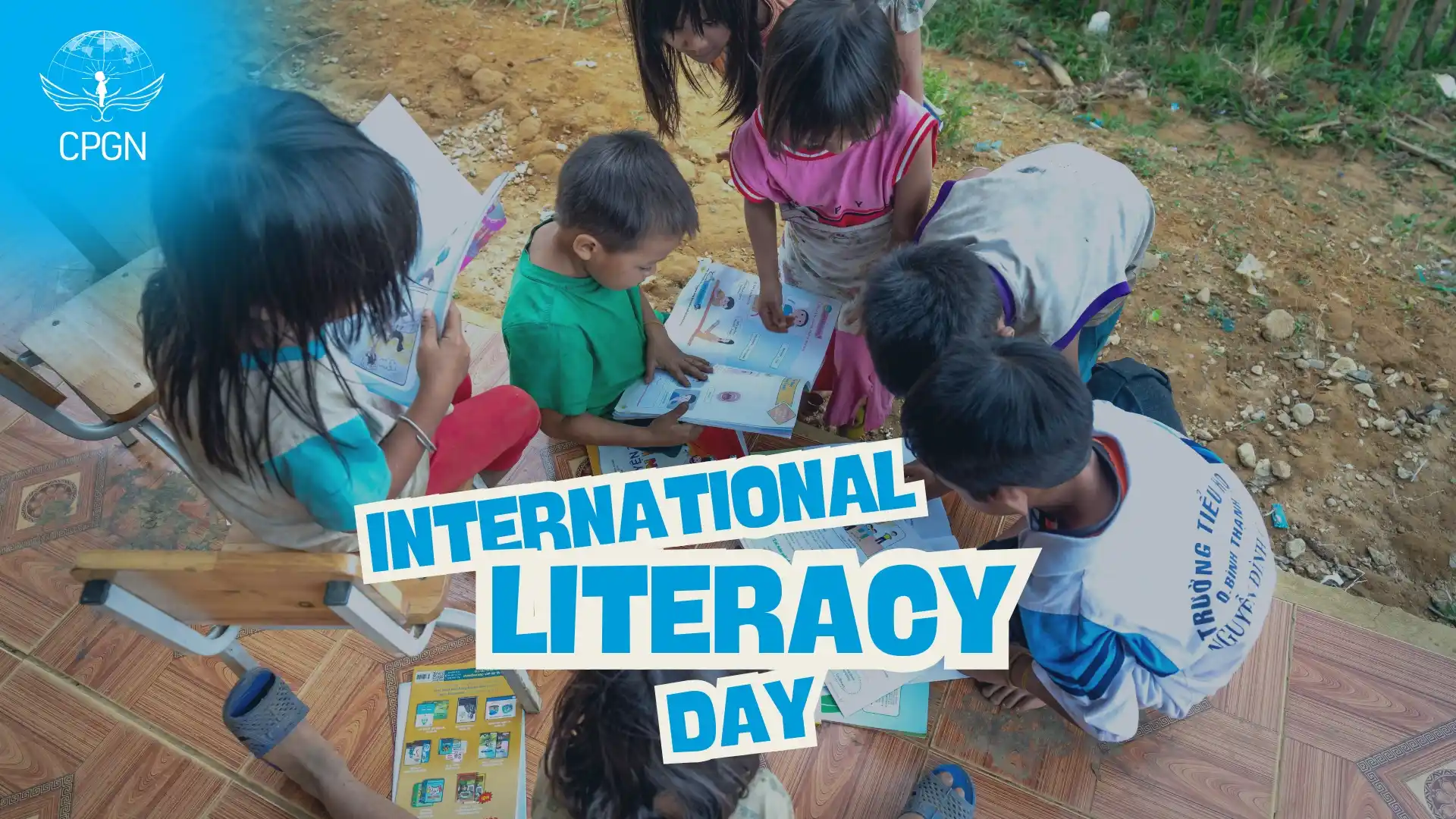International Literacy Day
On 8 September World Literacy Day, we honor literacy as a right that protects children, ending neglect, abuse, and child labor.

Introduction: Why Literacy Day Matters
International Literacy Day is more than a calendar date. It is a reminder that the ability to read and write, including basic literacy skills and digital literacy, is a foundation for dignity, freedom, and opportunity. Around the world, millions of children are still denied this basic right. For them, literacy is not only about learning. It is also about survival. It protects against neglect, abuse, and child labor.
Literacy Day on 8 September reminds us that reading opens doors. It helps children build confidence, understand their rights, and imagine bright futures. Without literacy, these children are far more vulnerable to exploitation and harm. That is why the global observance of this day carries such urgency and meaning.
The Significance of 8 September International Literacy Day
International Literacy Day is significant for its universal message. Since UNESCO proclaimed it in 1966, the day has been observed to highlight literacy’s importance for individuals, communities, and societies. World Literacy Day is celebrated on 8 September each year, bringing together governments, educators, and advocates around the world.
The meaning of Literacy Day is about more than books or classrooms. It is about justice, equality, and human rights. It is about giving children the tools they need to protect themselves and thrive in safe and supportive environments. Each year, the International Literacy Day theme focuses attention on pressing challenges, from digital inclusion to education in emergencies, showing how literacy shapes responses to global issues.

The Link Between Literacy and Child Protection
Literacy and child protection are directly connected. A child who is in school is less likely to face child labor dangers. A child who can read and write is better equipped to understand risks, seek help, and defend their rights. Education provides a safe space where children are less vulnerable to exploitation, trafficking, and abuse.
When children are denied education, vulnerability deepens. Poverty pushes families to make painful choices, and children without literacy skills often face lifelong disadvantages. For these reasons, the observance of 8 September World Literacy Day is also a call to protect children. It is a call to make schools safe, inclusive, and accessible for all.
International Literacy Day Activities and Awareness
Across the world, International Literacy Day activities bring communities together to celebrate reading. Public readings, book fairs, storytelling events, and awareness campaigns highlight how literacy transforms lives. Many organizations share their messages through an International Literacy Day poster, symbolizing hope, empowerment, and opportunity for children.
These events also remind us that millions of children are still out of school. They shine a light on the struggles faced by those living in poverty, conflict zones, or unstable environments. The goal is simple: ensure every child, regardless of their background, has the chance to learn in a safe environment.
CPGN’s Call to Action for a Safer, Literate World
On this 8 September International Literacy Day, the global community is uniting to affirm that literacy is a right, not a privilege. It protects children and prepares them for the future. Yet for too many children, that right is still denied.
At Child Protection Global Network (CPGN), we stand firmly to this mission. We work worldwide to prevent child neglect, abuse, and child labor, and we know literacy is a key part of protection. Education is not only about knowledge; it is about safety, empowerment, and hope. By promoting literacy, we also promote child protection. By creating safe environments for children to learn, we are building stronger foundations for the future.
On this Literacy Day, we call on the world to join us. Let us ensure that every child is given the right to read, the right to safety, and the right to dream of a brighter tomorrow.
FAQs
The purpose of International Literacy Day is to highlight the importance of literacy as a basic human right. It raises awareness about the challenges of illiteracy and encourages global efforts to ensure that every child and adult has the chance to read and learn.
8 September is important because it is observed worldwide as International Literacy Day. The date was chosen by UNESCO in 1966 to remind the world of the urgent need to promote literacy for all.
The motto of World Literacy Day is centered on “Literacy for all.” It emphasizes dignity, human rights, and the role of literacy in creating a more just and sustainable world.
National Literacy Day can be celebrated by organizing reading events, storytelling sessions, awareness campaigns, and school activities. Communities often design posters, host workshops, and encourage children and families to read together.
The pledge on Literacy Day is a promise to support education, promote reading, and help eliminate illiteracy. It is also a commitment to ensure that every child has access to safe, inclusive, and quality learning environments.
The purpose of Literacy Day is to remind the world that literacy is not only a tool for learning, but also a path to empowerment, safety, and opportunity.
The message of Literacy Day is that literacy changes lives. It empowers individuals, protects children, and strengthens societies. It is a right that belongs to everyone.
The goals of Literacy Day are to raise awareness, encourage action, and inspire governments and communities to invest in education. It seeks to reduce illiteracy and promote safe, inclusive, and quality learning for all.
International Literacy Day was started by UNESCO in 1966. Since then, it has been celebrated globally every year.
International Literacy Day is important because millions of children and adults still lack basic reading and writing skills. Without literacy, they are more vulnerable to poverty, exploitation, and inequality.
International Literacy Day is celebrated every year on 8 September.
The importance of International Literacy Day lies in its reminder that literacy is a human right and a foundation for development. It highlights progress made, challenges that remain, and the collective responsibility to make literacy a reality for all.
Our goal is to ensure the safety and protection of every child until it is achieved. Our goal is to support communities in protecting the future of children and promoting their welfare.
Quick Links
Copyright © 2025 CPGN. All rights reserved by Majnate LLP | Privacy Policy | Terms and Conditions

